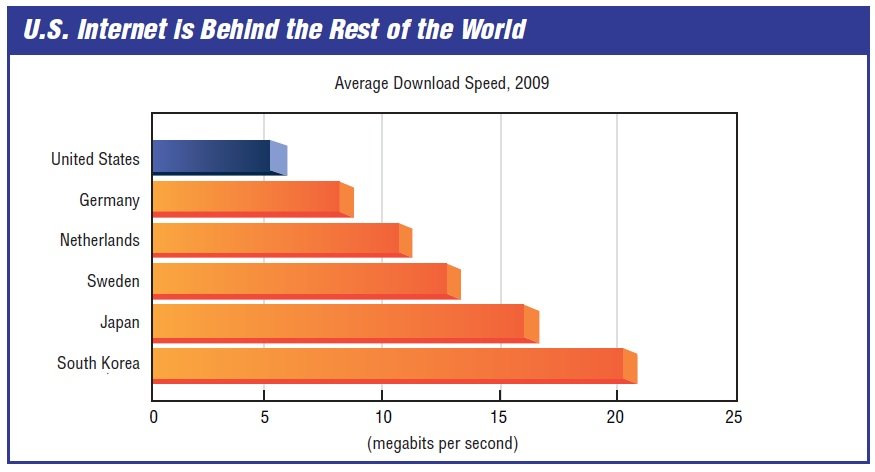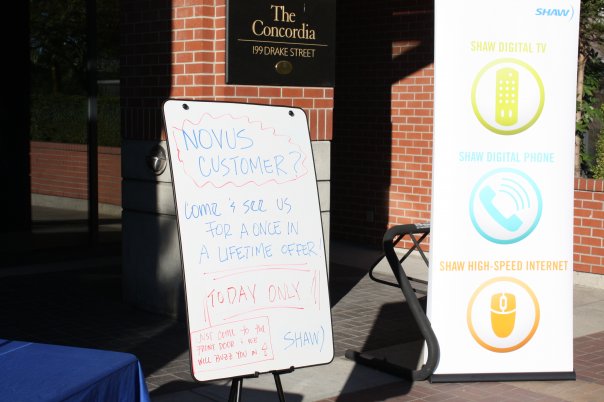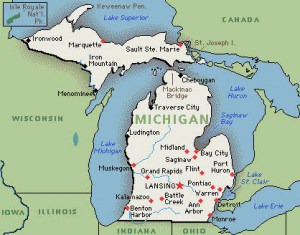I receive a considerable amount of e-mail asking me a variety of questions about myself, this site, who backs it, and why we do things the way we do, so it’s time to launch a mailbag column here on Stop the Cap! to answer the mail, especially for those who may have similar questions along the way!
For this first round, I’ve left out the names. I’ll be changing our Contact form shortly to allow readers to submit future questions here and specify if they want their names used or not during the answers.
Q. What companies, industries, or groups finance Stop the Cap! and its online efforts?
A. Stop the Cap! receives absolutely zero dollars from any company, industry, group, lobbyist, special interest, foundation, or anything even resembling one. This website is 100% financed by myself and through individual contributions received from consumers who use the Donate button on the right. We’re as far away from astroturf one can get. Plastic grass is not for us. There are groups out there that share the same consumer protection interests, and those groups will get mentioned here, but I am personally suspicious of any group that receives industry financing.
This site would not exist if Internet Service Providers had not started to abuse their market positions with Internet Overcharging experiments and schemes designed to limit consumers from using what is already a highly profitable service. Usage caps, overlimit fees and penalties, and Net Neutrality violations like speed throttling are all anti-consumer, designed to reduce industry costs and discourage you from using your broadband service, all while still charging you more.
Q. I have read a few of your articles on Free Press’ Save the Internet website. What relationship do you have with Free Press?
A. We are allies in the sense that their positions on issues have uniformly agreed with our own. Great minds think alike, and their consistent pro-consumer positions on telecommunications issues make them a natural ally, particularly considering the higher profile they have, especially in Washington. Despite attacks from some conservatives and astroturfers, Free Press does not accept industry money either, and is supported with the individual contributions of those who believe in their cause. Free Press’ scope is also much broader than ours, taking positions on a wider range of issues. The reprinting of some of our content helps us bring our own issues to the much larger base of consumer activists Free Press has, which has been instrumental in our Calls to Action when we need to reach out to elected officials or other policymakers.
We also have supported the efforts of Consumers Union, Public Knowledge, the Communications Workers of America, and several other public policy groups, but only on the issues where we share agreement.
Q. What is your usual schedule for publishing articles?
A. It has evolved over time, and depends mostly on how much newsworthy material is out there. During the month of April, when Time Warner Cable was engaged in their Internet Overcharging experiment, articles were published here on a fast and furious basis because of rapid-changing developments. August is always the slowest month of the year, as people enjoy the vacation time I don’t get. This month, for example, we’ve broadened coverage to include competition and astroturfing reports that are not directly about Internet Overcharging, but will help us lay a foundation to help fight anti-consumer activities. States are still being pressured to adopt industry-friendly legislation like statewide franchising. It helps to point elected officials to concrete reports of just how anti-consumer those kinds of policies have proven to be in other states.
Articles are often not published on Friday and weekends because Friday is traditionally an errand-running day for me, and during the slower summer months, very little happens on weekends. But if coverage warrants, you may find new content here published late into the evening and all weekend long.
In the morning, story coverage is planned for that day. Readers’ story tips always get first consideration. Most days there is a longer article that takes several hours to research and prepare, and at least one or two shorter items. The average long article takes three to four hours to research, write, review, and publish. Articles with multimedia content can take much longer. Shorter articles typically take no more than one hour. Most articles are published between 12pm-4pm ET.
Articles from our contributing writers will often turn up in the evening hours. We are always looking for additional writers here.
Q. Why does Stop the Cap! cover Canada and other countries?
A. Internet Overcharging is Internet Overcharging no matter where it takes place. Our Canadian coverage is extremely important because it illustrates how abusive industry practices can impact broadband service close to home. Canada is illustrative of what can happen when an industry gets its way with a regulatory authority, which nearly rubber stamps whatever the industry wants to do to their customers. The fact most Canadians are quite aware of how bad the abusive practices are is also informative to our readers who will get an industry “snowjob” Re-education effort sooner or later to try and convince them these abusive practices are just fine, because they are commonplace (inference: accepted) in other countries around the world, so they should be acceptable here.
Not. A. Chance.
Even in Australia and New Zealand, usage caps are discussed now as temporary necessities based on fiber backbone connectivity shortages, not as long term “solutions” to usage issues.
But most important of all, we have readers in all of these places, and this site’s universal opposition to Internet Overcharging schemes, and the fight to prevent/reverse them, should be a resource for any reader, no matter where they reside.
Q. Sometimes I am confused by some of the jargon on Stop the Cap! about things like “overbuilders” or “throttles,” etc. What do these things mean?
A. I have covered the cable and satellite television industry since the late 1980s, so I have become comfortable using a lot of the common language other people in this industry use in everyday speech. I try and avoid being a regular “jargon” offender, but sometimes these terms will slip through. I am planning a small FAQ on some of the most commonly used industry phrases in the future. Suffice to say, you can use Google most of the time to find the meaning of most of the industryspeak while waiting for me to write up a cheat sheet.
An “overbuilder” is a competing cable or telephone provider that invades another company’s turf and places their wiring next to the incumbent provider. The term usually refers to a competitor using the same type of technology (ie. a second cable company or second phone company), but it doesn’t always get used that way. It is rare to find an overbuilder in all but the largest cities. Most communities obtain telecommunications services from one cable company, one phone company, and/or wireless phone/mobile phone providers.
A “throttle” refers, for our purposes, to an Internet provider that wants to reduce traffic on their broadband network. The operator artificially slows down (or ‘throttles’) the speeds of certain online applications one can identify traveling across the network. In most cases, this means “peer to peer” services like BitTorrent. Since these applications can sometimes consume a lot of bandwidth in both directions, some providers want to slow them down so they don’t consume a lot of network resources.
Q. Do your write on any other issues?
A. My personal blog, linked on the right, often covers the cable television industry issues that are not specific to broadband, as well as technology, politics, and personal observations. ConsumerTel focuses on phone company-specific issues. Both sites are not updated as often as this one, currently because I am waiting for a major software update from the author of our “theme” (the look and feel and layout) which will test on those sites before launching here, and will require me to rethink some of the layout and format of all of these sites.
Q. What future plans do you have for this site?
A. I am working my way back through older content re-doing a lot of “tags” on our older articles so I can reintroduce a “Related Articles” feature that will highlight some of our earlier content that is related to a topic covered more recently. For that to work well, tags must be more comprehensive. I also see our multimedia content here is very popular, and I spend a lot of time locating and embedding that content for our readers. Our embedded players do not always work well for every browser, so work finding better solutions is also underway. E-Mail notification of new content is an often requested feature, and one currently being explored. Adjustments to our theme have already been mentioned, and will also be forthcoming.
But overall, the future of Stop the Cap! depends on what the broadband industry does. If they abandon Internet Overcharging schemes, stop opposing Net Neutrality, and quit abusing consumers, this site closes down and I get to do something else. Somehow, I doubt we’ll manage to get all three of these goals. Our future depends mostly on their behavior in the coming months.


 Subscribe
Subscribe









